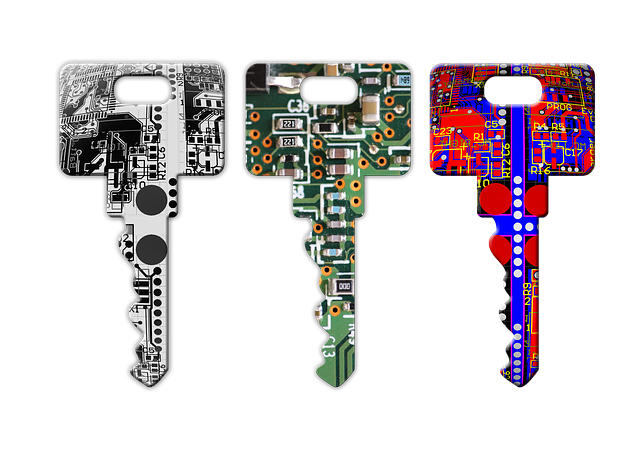Before I tell you the different types of SSL certificates you can get for your website, let me tell you what SSL is. SSL (Secure Sockets Layer) is a security method by which data is transferred over servers gets encrypted reducing the website’s vulnerability to hacker attacks and phishing.
There are many types of SSL certificates available, each with differing levels of protection and usage. To objectively compare the types and vendors of SSL, you need to understand the finer differences between them.

Table of Contents
Types of certificates based on the level of protection
1. A domain-validated SSL certificate
This is a low assurance certificate and the most basic, standard type of certificate issued. A domain-validated SSL ensures that the website’s domain name is registered. Additional documentation is required to obtain this certification. An administrator needs to approve the validation request. A webmaster must confirm validation via email or configure a DNS record for the site.
Processing time: A few minutes to a few hours
Recommended for: Use on internal systems only
Level of Protection: LOW
2. An organization-validated certificate
This is a high assurance certificate. Real agents will validate domain ownership and confirm the organization’s details such as name, city, state, and country. Just like domain-validated SSL, this certification requires additional documentation to verify the company’s identity.
Processing time: A few hours to a few days
Recommended for: All businesses and companies
Level of Protection: MEDIUM
3. An Extended Validation (EV) certificate
EV certificate procurement has the most rigorous validation process. This certificate validates that the business running the website is a legal entity. It requires businesses to furnish information such as proof of domain ownership. The other two certificates DO NOT prove that a website is being operated by a legitimate, verified business. On getting an EV certificate, your website browser will display a green lock symbol to signify its validity. Check out our website’s address bar.
Processing time: A few days to a few weeks
Recommended for: All e-Commerce websites
Level of Protection: HIGH
EV certificates are absolutely essential for websites soliciting sensitive information from users such as their card details, SSN details, and contact details.
Types of SSL certificates based on usage
1. Single-name SSL certificate
These SSL certificates protect a single domain for which they are registered. For example, if you purchase a certificate for a website www.xyz.com, the certificate won’t secure marketing.xyz.com or services.xyz.com.
2. Wildcard SSL certificate
These SSL certificates can secure a large number of domains that feed off a singular root domain, by a single certificate. In the example above, if you want to secure marketing.xyz.com, services.xyz.com, www.xyz.com and more offshoots of xyz, you can apply for a wildcard SSL certificate for *.xyz.com.
From a practical viewpoint, it’s easier to maintain a single wildcard SSL than 7 different single-name SSLs.
3. Multi-domain SSL certificate
Multi-domain SSLs can secure 210 plus domains with a single certificate. The cap limit varies by providers.
Final Thoughts
Although getting SSL certification is not mandatory for all websites, the benefits you and your end-users get from SSL are many. Free certificates or self-validated SSL certificates do not offer any kind of reassurance to visitors. Typically, buying SSL from third party reseller comes out cheapest; just examine the type of customer assistance you’ll get after the purchase. So, understanding the different types of SSL certificates will help you choose the one that benefits you the most.

